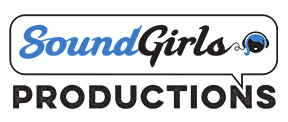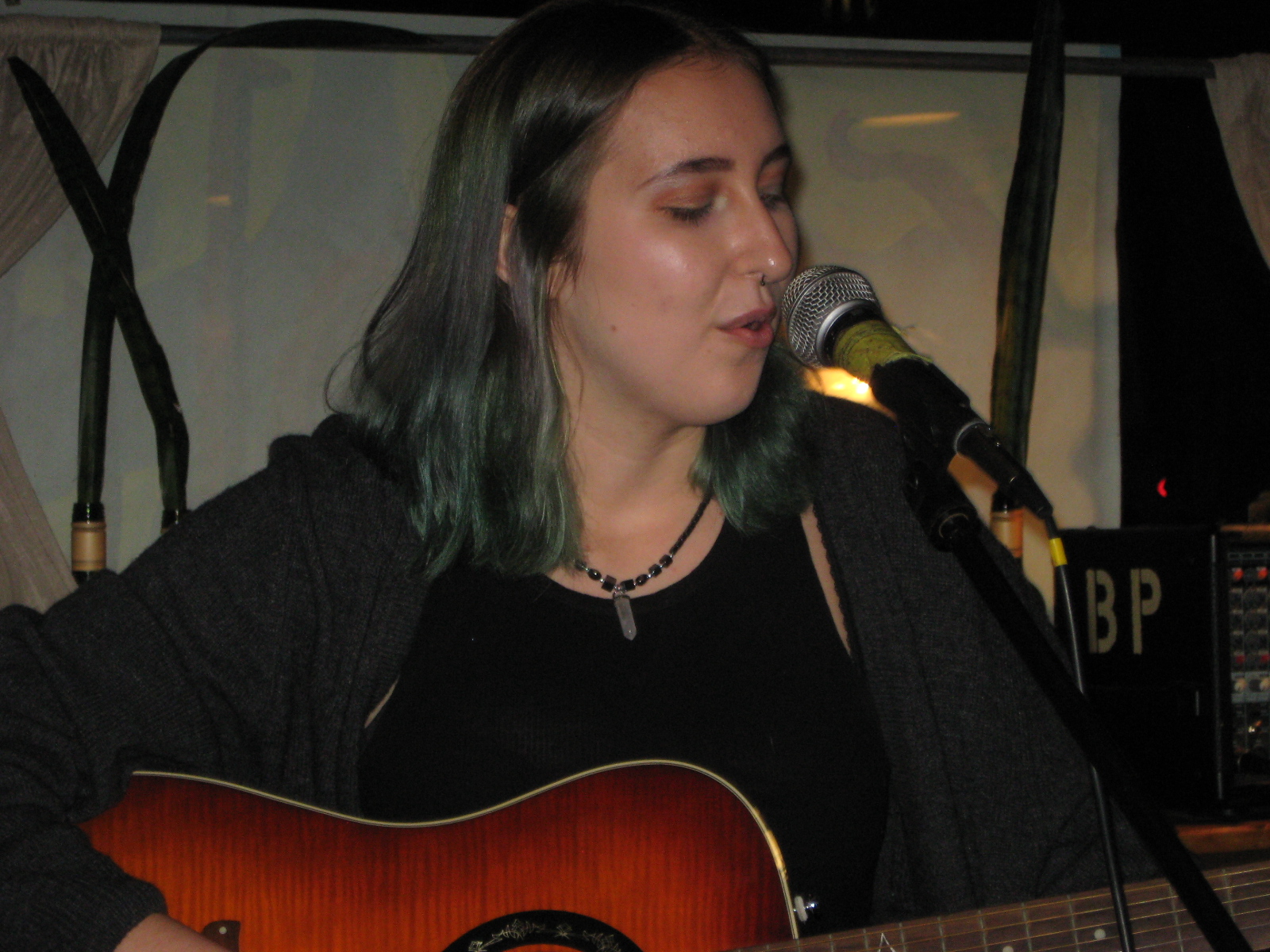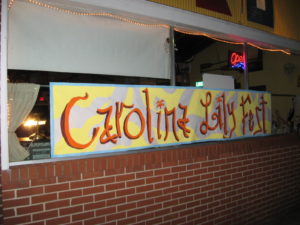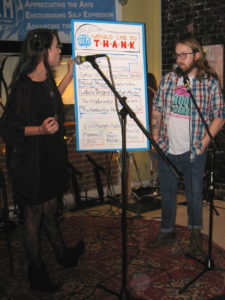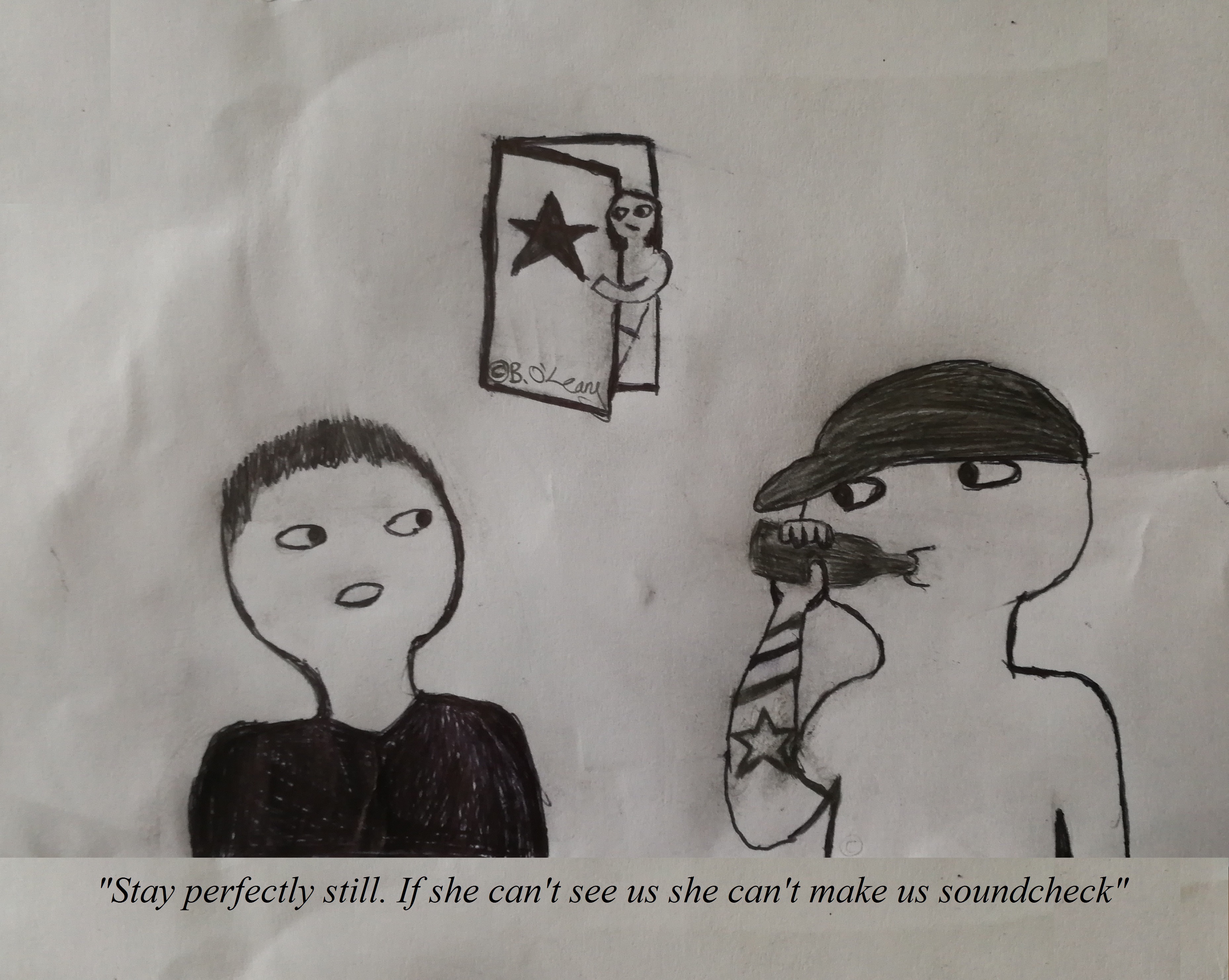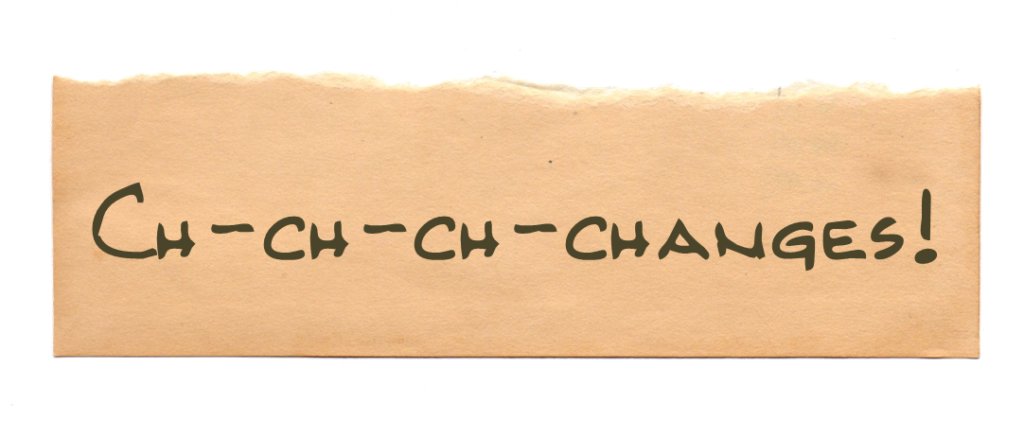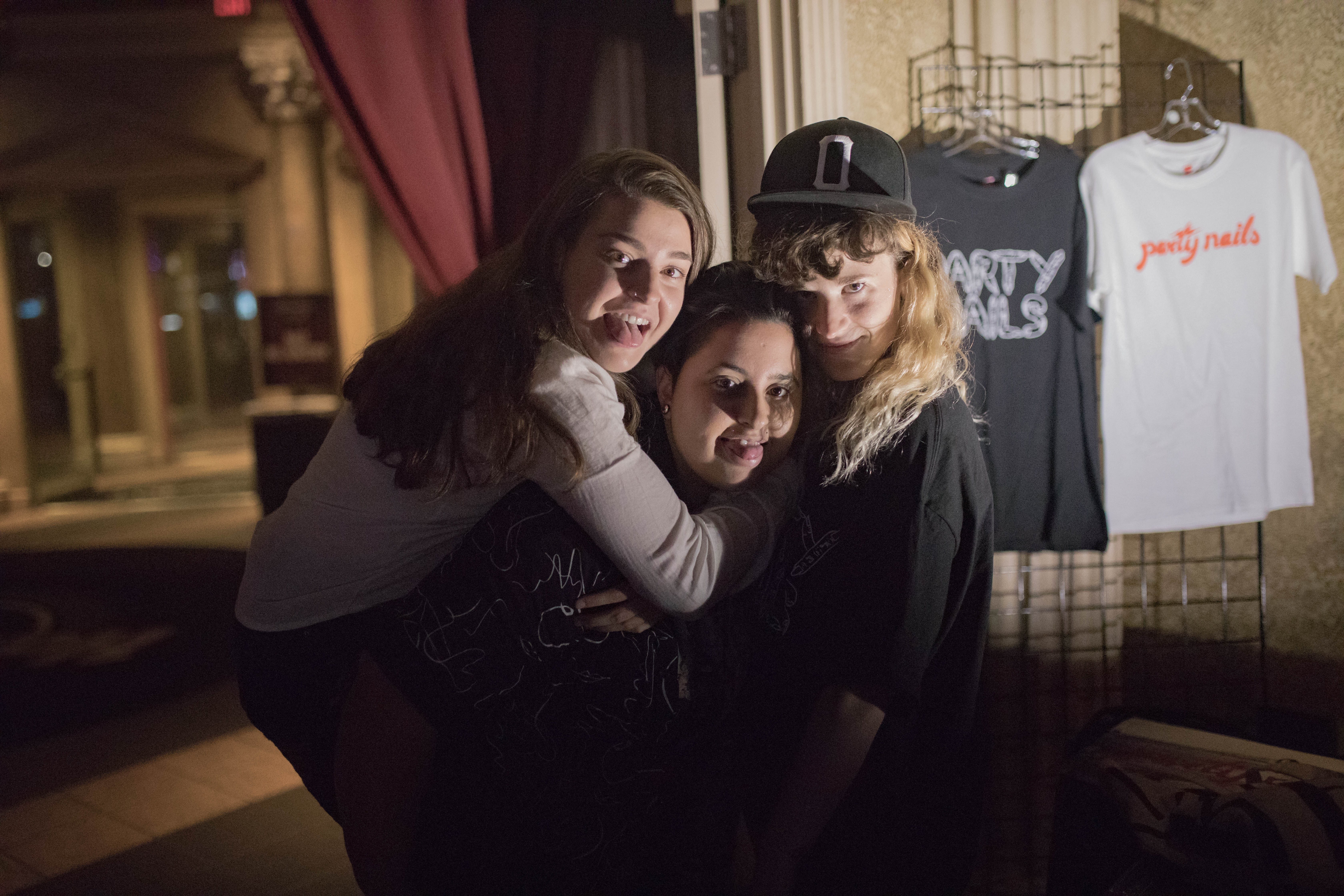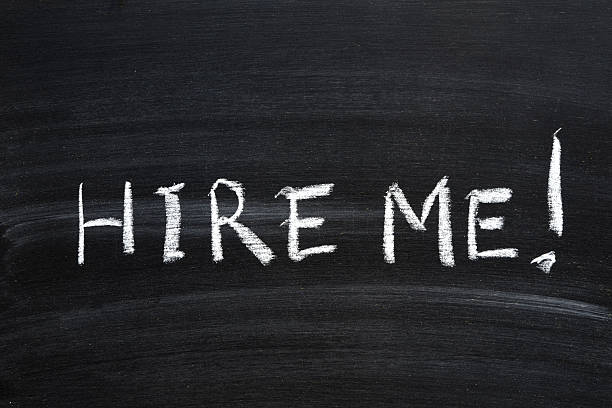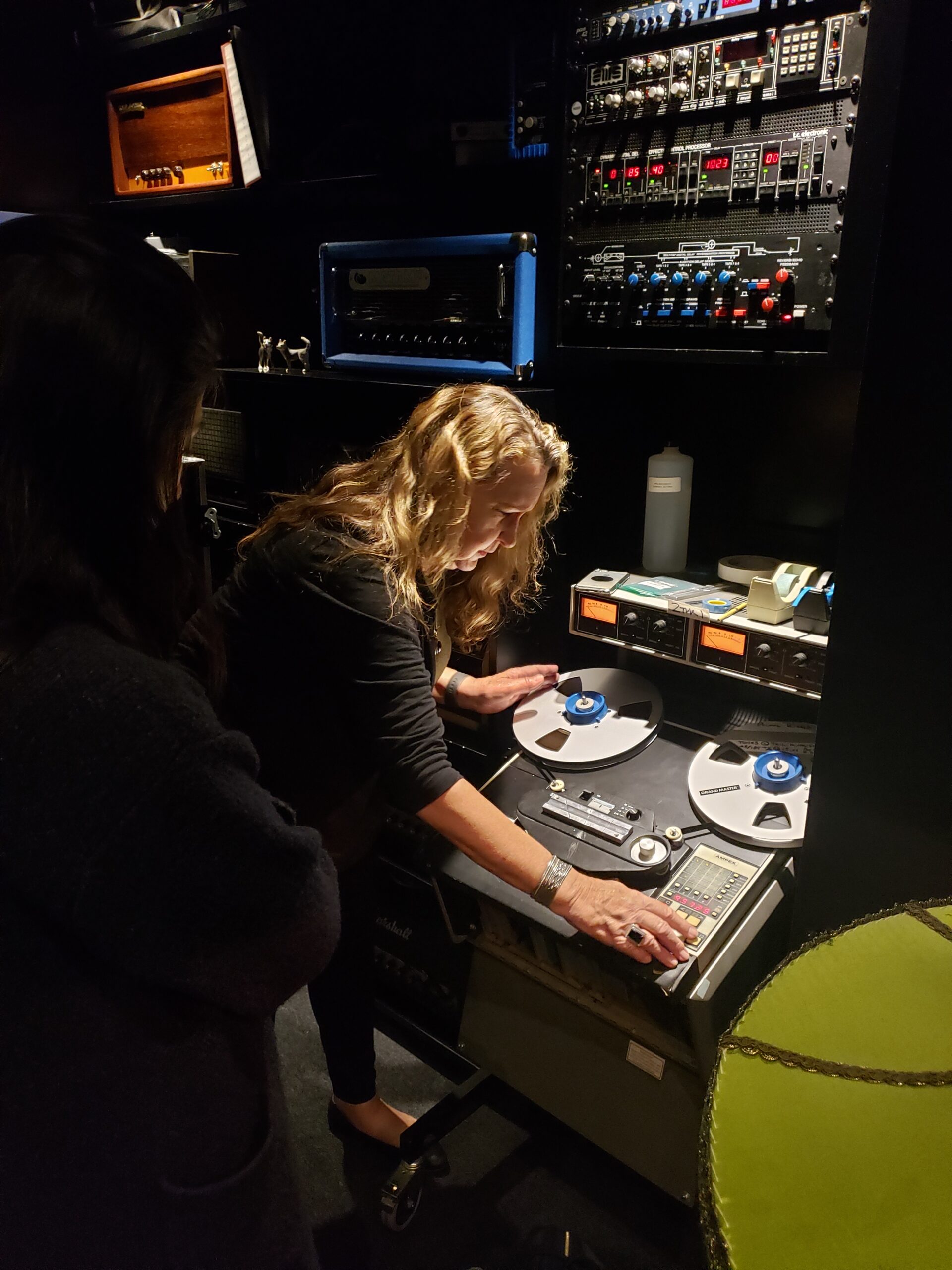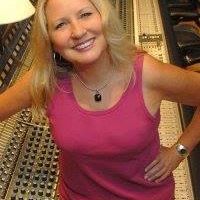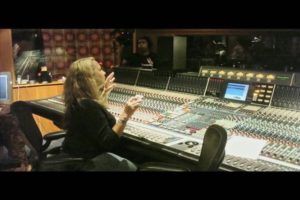
Freelance or Full-time?
I was recently offered a full-time position, and although I turned it down — it got me thinking: Freelance or Full-time? Which path should I pursue?
Ever since I read the line in a cheesy Arthurian lore novel, I’ve been a huge fan of the idea that our best decisions are made when our head and our hearts agree. But what happens when there doesn’t seem to be a compromise? My heart screams freelance, and my brain desperately wants me to just go full-time. On the one hand, freelancing is exciting, and I’ve worked hard building contacts that I’m scared would all but disappear if I chain myself to one company. On the other hand, full-time means security. Full-stop.
I could spend most of next year working as a stagehand, a pusher, doing neck-down work, or I could spend the next year getting awesome gigs and further pursuing relationships. Getting experience, I would never have gotten with only one company. Since I can’t predict the future, how do I even begin to decide what route I want to take?
Luckily, I get to work with people that have been doing this as long as I’ve been alive (literally, in some cases). So I spent some time asking my coworkers about their experiences with being full-time. I have found that there are three basic categories:
- Those who have never freelanced. They find the concept of net-30 barbaric (net-30 means it can take up to 30 business days from the submitted invoice for you to get paid. While it is industry standard, net-60 and 90 also exist). Full-time is all they know; they can’t imagine a world in which you don’t know how much your next paycheck is going to be, let alone when it will arrive.
- Those who thought it was time to settle down. They have families, are the primary breadwinners, and didn’t want to risk the financial stability of their children; or they are confronting the idea of retirement. They are looking to their future.
- Those who just like the security. Many of them will oscillate between freelancing and working full-time. They’ll get tired of the monotony of full-time (or when they have had enough of their boss), freelance for a bit, and then come right back when they get tired of the extra emotional energy required with freelancing.
The takeaway that I see from these responses is that their reasons are much more emotionally driven than I had initially though
- Never freelanced before: Fear of the unknown.
- Financial stability for you and your family: Fear.
- Emotional exhaustion. Not knowing exactly where your next paycheck is coming from or how much it will be can make your life much more stressful than someone who can budget to the dollar.
Maybe making decisions based on our emotional needs is the logical thing to do. And maybe making rational decisions is good for our emotional health. There is a balance somewhere in there. Finding a way to pursue your career dreams and goals while also balancing the stresses that come with finances.
What I have found myself doing is working part-time, on-call for an in-house hotel AV company in addition to the freelancing that I do. The pay isn’t great, but it is work that is somewhat consistent and doesn’t add to my tax stresses. Of course, I’m young, I’m fortunate enough to be on my parents’ health insurance, and my only dependent is my cat. So this not-so-compromise works for me. My thoughts and feeling on this all might change in a couple of years.
“What do you want to do when you grow up?” is a question that everyone answers a thousand times; it can make you feel as though when you become an adult, you pick a career and that’s your job. The end. However, the reality is much more complicated. Life happens, and things change. I think the most important thing I’ve learned is that when the situation changes, don’t be afraid to change your approach. People are constantly changing their paths. Some even have said that they ask themselves the question of freelance or full-time on a yearly basis We are fortunate to work in an industry that has many options, and many paths to success.
Compromising with your head and your heart is a daunting task, but I think seeing them as intertwined gives us clarity. The dichotomy of the logical or emotional decision is a false one. We are emotional beings, and every decision we make will have an emotional facet to it. At the end of the day, you’re the only one that can make this decision, so go forth and know that your path is not set in stone.
Work hard, do your best, and make yourself proud.
 Tia Azimioara interest in live sound engineering began while studying the clarinet at the Orange County High School of the Arts, where she took a class on music technology. She would go on to double major in Anthropology and Classics at Lawrence University while working as a sound tech. She googled and YouTubed her way through shows and concerts. She fell in love with the fast-paced, trial by fire world of live production. After graduating she began working any live events that she could. After two years she has completely fallen in love with her varied and fast-paced life; today you can find her doing anything from slinging deck at a concert venue in Doc Martens, to working in IT specialist for a corporate event in a suit. She is not sure what the future holds but would like to use her training in anthropology to help make the industry more inclusive for everyone.
Tia Azimioara interest in live sound engineering began while studying the clarinet at the Orange County High School of the Arts, where she took a class on music technology. She would go on to double major in Anthropology and Classics at Lawrence University while working as a sound tech. She googled and YouTubed her way through shows and concerts. She fell in love with the fast-paced, trial by fire world of live production. After graduating she began working any live events that she could. After two years she has completely fallen in love with her varied and fast-paced life; today you can find her doing anything from slinging deck at a concert venue in Doc Martens, to working in IT specialist for a corporate event in a suit. She is not sure what the future holds but would like to use her training in anthropology to help make the industry more inclusive for everyone.
